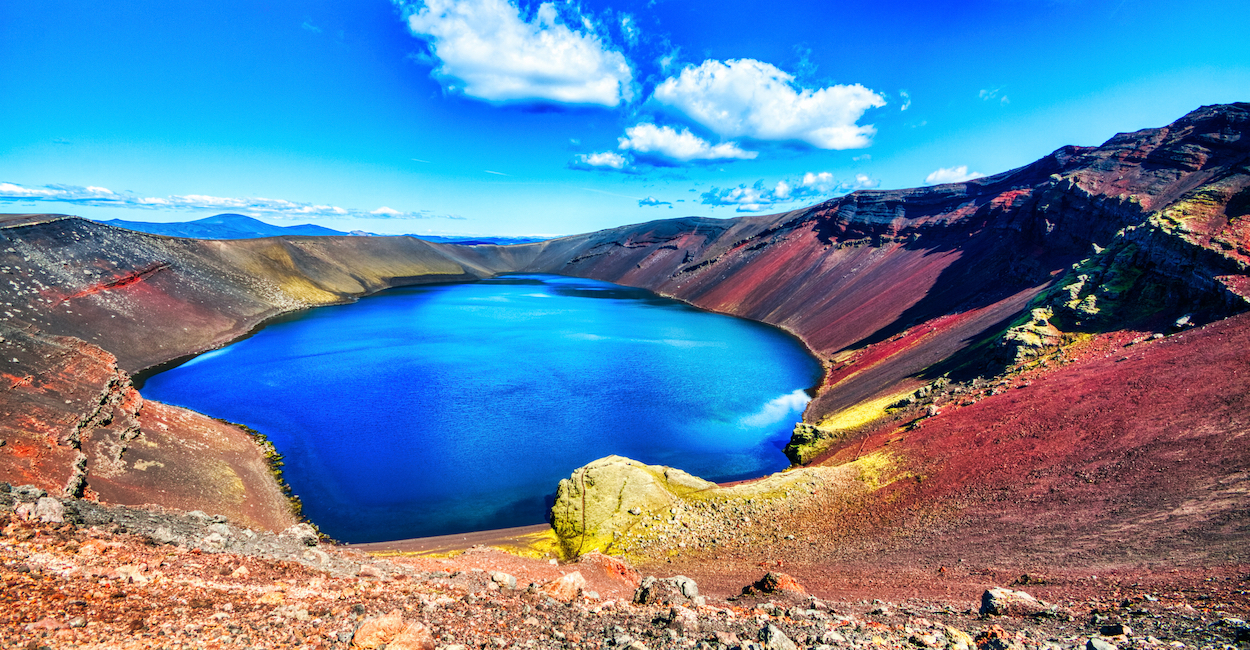By Brian Monteith – 5 minute read
VIRTUE SIGNALLING is actually an art. It might look easy but it can quickly become a hole that you can’t stop digging for yourself, as this little story demonstrates.
Imagine you run a well-known supermarket chain and therefore attract a great deal of lobbying from environmental activists wanting to change the ways you do things. It is difficult to force premium branded goods to change their ways if they do not want to (although these days they may actually be ahead of the curve) – but you probably produce a range of basic “own Brand” items and have the power to alter the packaging or ingredients.
That’s where you can make a difference and to do so will take the heat off you, maybe even focussing it on your competitors. Fingers crossed, it could also bring you some increased sales – well, that’s what the environmental activists tell you.
Maybe, just maybe, you can turn the change to your advantage, nicking environmentally conscious customers off your competitors and more generally getting some positive publicity as a socially aware business with a heart, etc., etc. It’s the sort of commercial virtue-signalling we see regularly these days that certain media outlets love to cover and others want to go to war about.
So, to get your initiative noticed you maybe tell The Grocer magazine, rush out a press release, maybe do a few video clips – that sort of thing – and beat your puffed-out chest about how great your company is compared to others.
Is that what it’s like to be the boss at Iceland, the frozen foods dominated supermarket chain? Well, it certainly seems that’s how Iceland Managing Director Richard Walker approaches environmental issues. What could go wrong?
Well, for a start, various campaigners and media outlets produce league tables and rankings – so there’s no hiding place. If you don’t live up to your announcements, it will quickly become apparent.
Plastic-free by 23?
In a long line of unfulfilled pledges Richard Walker once said Iceland wanted to be plastic free by 2023. Then a year ago, Iceland was ranked bottom in a report by Greenpeace and the Environmental Investigation Agency (EIA) on supermarket efforts to cut plastic. Awkwardly, Iceland previously partnered with Greenpeace on its pledge to be plastic free by 2023. Walker had to admit Iceland would not be able to fulfil this pledge.
Walker might have learned a lesson there but Iceland keeps digging.
Now in 2022, Iceland has finished bottom of the Which? Sustainability rankings, failing to provide Which? with data for its own-brand plastic that is recyclable in kerbside collections, whilst every other supermarket did.
Environmental leadership?
In another embarrassment Walker and Iceland claimed to be leading the social and environmental charge, yet Walker used a private helicopter to fly to different stores in the UK on 48 different days, a seemingly unnecessary amount, but one he claims is necessary to be on the front line.
Then there was the palm oil hypocrisy. Iceland previously claimed it would remove all own-brand products containing palm oil, when what it actually did was remove brand labelling rather than the ingredient. This lack of transparency misled customers, tweeting customers as recently as 2018 to say there was no palm oil in its products. When companies get found out it brings them media carnage rather than coverage – then they have to immediately retract, apologise and do the right thing.
Iceland previously had a Christmas advert banned in 2018 for being too political, after it rebadged a Greenpeace video as its own, relating to the destruction of natural habitats of orangutans. Now, thanks to the war in Ukraine, Iceland has been forced to reverse its ‘ban’ on palm oil amid an acute shortage of sunflower oil – a staple ingredient in its own-brand frozen chips and breaded fish.
It is currently saying it’s returning to palm oil as a temporary measure from June by using certified sustainable palm oil (CSPO). Thus Walker has, unwittingly, acknowledged there always was a way of producing palm oil that is sustainable and helps to preserve orangutang habitats.
While Palm Oil accounts for only 3.8% of total global deforestation, it turns out 90% of palm oil imported into Europe is certified as sustainable. The biggest palm oil producers of that CSPO type are Malaysia and Indonesia, accounting for 84% of exports globally.
Why not do something achievable?
The obvious question is: should Iceland not have moved to CSPO previously if it knew there was an alternative, rather than try and create furore with its pledges and Christmas adverts criticising palm oil production – only to attract more criticism?
Maybe the virtuous thing to do was not ban the ingredient but to show how it was making a difference through its sourcing?
Wearing your heart on your sleeve as a supermarket boss is not as simple as it looks. Like politicians you cannot just make glib assertions and not expect to be found out if you fail to live up to them.
Studying the detail and ensuring you can deliver is key. And, like politics, it makes sense to stick to the truth. It’s the cover-up that will get you or your business in the end. When in a hole, stop digging…
If you appreciated this article please subscribe to our regular newsletter here, share and follow us on Twitter here – and like and comment on facebook here. Comments are also open via the button below
Brian Monteith has worked in public relations for nearly forty years, initially in the City, then Scotland and finally as an international consultant in Africa, the Caribbean and Asia. He is now managing editor of brexit-watch.org and ThinkScotland.org.
Photo of a real hole in Iceland – Ljótipollur Lake in Landmannalaugar Mountains, Iceland by romanslavik.com from Adobe Stock

